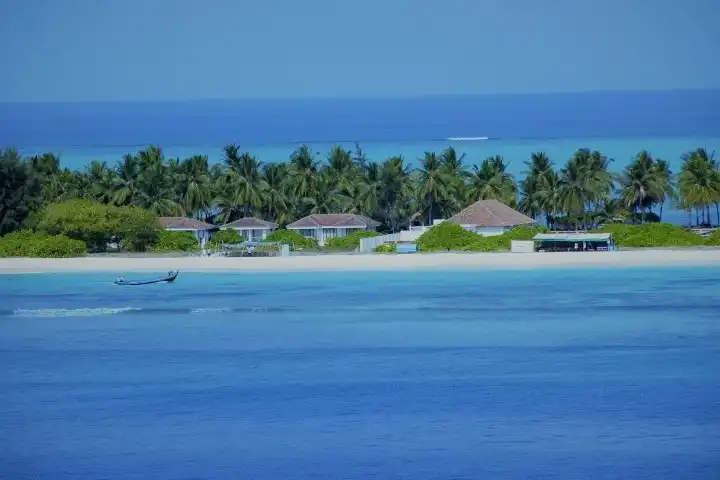Geopolitical changes in the region and the sudden increase of focus on the Indo Pacific have brought out the need for India, with a coastline of about 7.5 thousand kilometres to carve out a blueprint on blue economy. A holistic ocean policy is key for India’s economy to touch the $5 trillion mark, experts said, adding that issues relating to the environment and maritime security need to be weaved into the blueprint. Blue economy supports about 10 per cent — $1.5 trillion of China’s gross domestic product. In India it is about 4 per cent.
While a draft policy on the framework of blue economy was submitted in September last year, work is yet to begin. Sources said that though the government has identified blue economy as a thrust area and part of New India by 2030, it needs to speed up its activities.
The Energy and Resources Institute (TERI) noted that India is the third largest fish producing and second largest aquaculture fish producing country in the world.
Also read: Cabinet okays Rs 2,135 crore scheme for better weather & climate forecasting
It added that all the sectors across blue economy have the potential to engage a large workforce. While lakhs of jobs have been created in several sectors including fishing, aquaculture, fish processing, marine tourism and shipping, the potential is significantly higher.
“We have a vast coastline. We need to leverage this to reach the $5 trillion GDP mark..unlike many other countries with coastlines, India has not leveraged its maritime position as much as it should have,” Nirupama Soundararajan, Chief Executive Officer, Pahle India Foundation told India Narrative.
Nine of India’s 29 states are coastal and the nation’s geography includes 1,382 islands.According to the Press Information Bureau, there are nearly 199 ports, including 12 major ports that handle approximately 1,400 million tons of cargo each year. Soudararajan added that boosting blue economy will be even more critical in the post Covid recovery phase.
A recent parliamentary panel in Pakistan recently expressed its concern over the government’s lack of interest in exploring and leveraging the potential benefit from the blue economy, Business Recorder said.
The Observer Research Foundation said that the key problem with the blue economy is resources regulation – in particular, ocean fisheries, wildlife, and seabed resources. “In many parts of the African coast, South Asia and in the Western Pacific, governments have given fishing communities much leeway in exploiting fisheries, leading to an increase in licensed and unlicensed fishing,” it said.
Also read: China's illegal fishing activities endanger marine life on an industrial scale–report
Soudararajan said that if the ocean framework is not well regulated, it can lead to imbalance. “Ocean life is critical and the need to balance benefits of blue economy without damaging the ecological balance is crucial,” Soundararajan said.
As the importance of blue economy gets amplified, all eyes are on Finance Minister Nirmala Sitharaman. Will she announce a well thought-out policy framework on blue economy that will boost economic activities and generate employment?




















